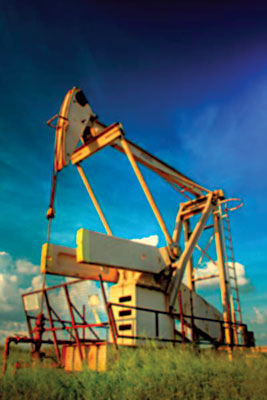All Nonfiction
- Bullying
- Books
- Academic
- Author Interviews
- Celebrity interviews
- College Articles
- College Essays
- Educator of the Year
- Heroes
- Interviews
- Memoir
- Personal Experience
- Sports
- Travel & Culture
All Opinions
- Bullying
- Current Events / Politics
- Discrimination
- Drugs / Alcohol / Smoking
- Entertainment / Celebrities
- Environment
- Love / Relationships
- Movies / Music / TV
- Pop Culture / Trends
- School / College
- Social Issues / Civics
- Spirituality / Religion
- Sports / Hobbies
All Hot Topics
- Bullying
- Community Service
- Environment
- Health
- Letters to the Editor
- Pride & Prejudice
- What Matters
- Back
Summer Guide
- Program Links
- Program Reviews
- Back
College Guide
- College Links
- College Reviews
- College Essays
- College Articles
- Back
The Inaugural Address in Context MAG
On the morning of January 20th, my mother and I were driving northbound on West Virginia Route 2, on our way to a college interview upstate. The old state road was one I knew like the back of my hand. It was well-worn, in varying stages of disrepair, winding its way along the banks of the Ohio River, taking us through small, gritty coal towns, and dotted with dying chemical plants. It was a road I had known my whole life. We’d travelled it many times, but today would be different.
Every few minutes I would hastily scan through AM radio stations, attempting to search out a signal as we made our way up the narrow route. Around 10:30, I finally picked up a clear station, just as our newly-inaugurated leader was beginning his speech. My mom and I listened intently, her eyes fixed on the road ahead, mine gazing at the face of the radio as if I could see to Washington DC where the event was taking place. What he would say would go down in history-- we studied past addresses in English class. But would his be worth reading and analyzing after today?
There are many aspects of our new President’s speech that I could discuss-- the ideals that patriotism could bring us together, the way my mom and I shared a smile when he quoted the Bible, his pledge to never let us down. But, as we drove out of a patch of trees and into the sun sparkling off of the river, into view of the shell of the old Natrium plant, there were several lines that particularly resonated with me:
“...rusted-out factories scattered like tombstones across the landscape of our nation…”
“One by one, the factories shuttered and left our shores, with not even a thought about the millions upon millions of American workers left behind.”
West Virginia was built on factories and plants and, most notably, coal mines. However, over the last few decades, the companies have been bought and sold and sent overseas, if not shut down completely. Plants have died, towns have died, and the people did, too. All across my home state-- and our entire country, really-- there are pockets of economically depressed towns, their people struggling to survive. The roads, just like the one we were travelling, are cracked and unlined, bridges and tunnels falling apart. In a nation grown from the ground up by its people and fostered by its factories, the American dream has seemingly disappeared.
Most people don’t know or understand this. You don’t realize how privileged you are until you see the people who live nestled in the trees lining the back roads. Sometimes, what we need is to see things in context. Whether you wanted President Trump to win or not, there are some things that can’t be denied as being true. The American dream, for many, is nonexistent. And if he keeps his word on any of his promises…
“We will bring back our jobs. We will bring back our borders. We will bring back our wealth. And we will bring back our dreams.
We will build new roads, and highways, and bridges, and airports, and tunnels, and railways all across our wonderful nation.
We will get our people off of welfare and back to work -- rebuilding our country with American hands and American labor.”
I hope that this will come true.

Similar Articles
JOIN THE DISCUSSION
This article has 0 comments.

Sometimes, what we need is to see things in context.